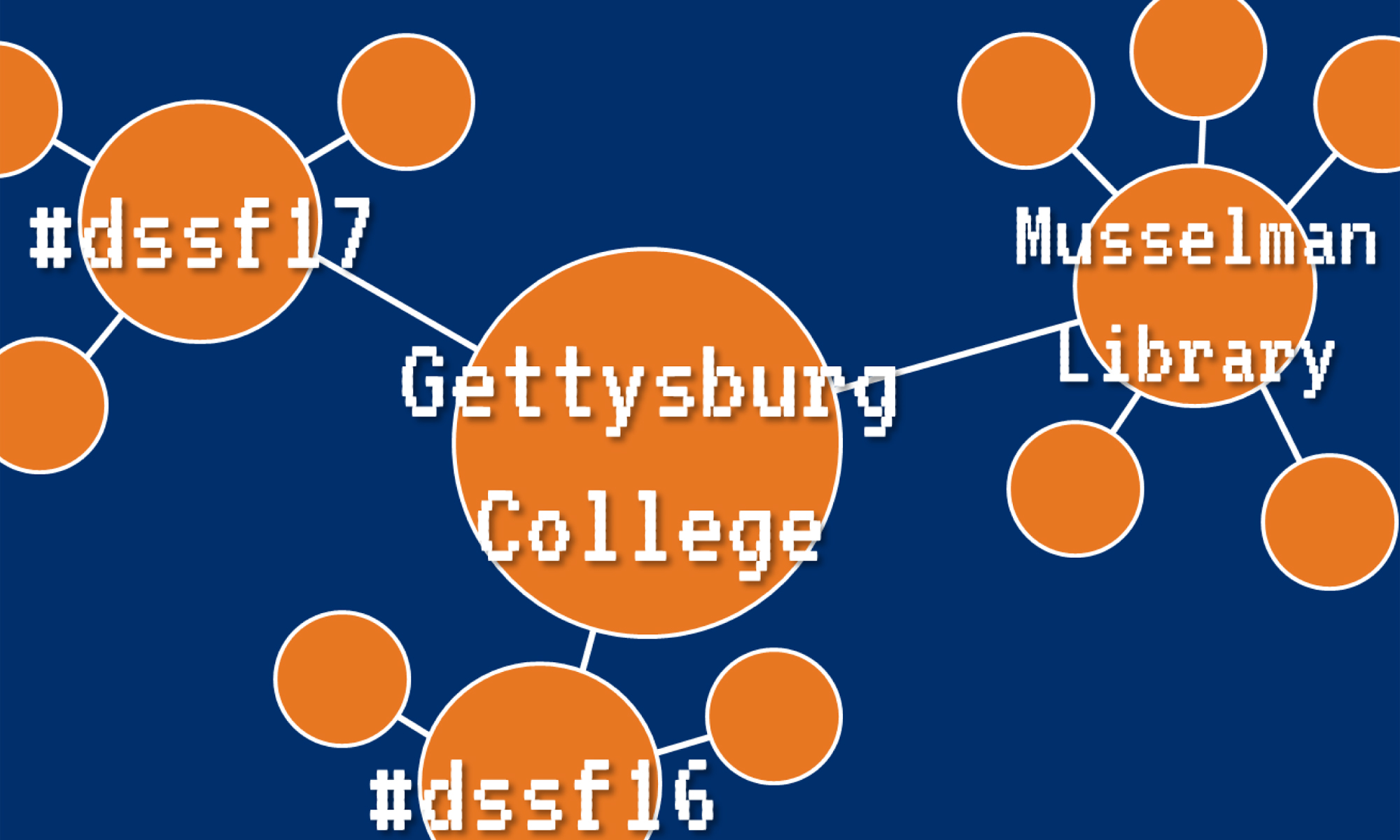Blog Post – Due Monday, June 12
Using your experience from the bootcamp, as well as our Technical Writing workshop, write a brief review for a digital tool, using the Criteria for Digital Tool Evaluation as a guide. If appropriate, include screenshots to illustrate your points. Think about why someone would want to use a digital tool, and when it would be appropriate to use. Also, discuss how difficult it would be to learn/use it in a project. You can use a tool that we’ve already covered, or a new one you select. Think about your audience and their persona!
Monday, June 5
8:30am-9am: Check-In (Library 014)
9am-Noon: Workshop: Technical Writing (Library 014, Public Session)
The TechWhirl website says “technical writing involves communicating complex information to those who need it to accomplish some task or goal.” Today, Instructional Technologist Sharon Birch will introduce us to the concept of technical writing and how you can apply it to your projects, practicing audience analysis, drafting/storyboarding, and user testing.
Readings and Assignments
Noon-1pm: Lunch (on your own)
1pm-4:30pm: Research/Project Work (on your own)
Tuesday, June 6
8am-4:30pm: Research/Project Work (on your own)
Wednesday, June 7
8:30am-9am: Check-In (Library 014)
9am-Noon: Workshop: Copyright and Licensing for Digital Scholars (Library 014, Public Session)
So you found a great image or document online and want to use it in your project … but can you? Today, we’ll look at how copyright law affects digital projects, and how the idea of “fair use” can be leveraged to include the content of others. We will also discuss ways to open your own projects up so other people can use them through licensing.
Readings and Assignments
- Review the Creative Commons licenses. Pick one that you think may be relevant to your project and bring it to discuss.
- “The Digital Humanities Manifesto 2.0.“
- Gardiner, Eileen, and Ronald G. Musto. “Meta-Issues 2: Copyright, Other Rights, Digital Rights Management, Open Access.” In The Digital Humanities: A Primer for Students and Scholars, 146-165. New York: Cambridge University Press, 2015. (Password protected)
Copyright and Creative Commons LibGuide
Noon-1pm: DSSF Lunch (Campus Picnic)
1pm-4:30pm: Research/Project Work (on your own)
Thursday, June 8
8am-4:30pm: Research/Project Work (on your own)
Friday, June 9
8:30am-9am: Check-In
9am-Noon: User Experience, Writing for the Web, and Wireframing (Library 014, Public Session)
Steve Krug, web usability expert, writes:
People often ask me: “What’s the most important thing I should do if I want to make sure my site or app is easy to use?” The answer is simple: It’s not “Nothing important should ever be more than two clicks away” or “Speak the user’s language” or “Be consistent.” It’s … “Don’t make me think!”
Unfortunately, in order for your user to not think, you have to think a lot about user experience. Today, we’ll talk about the importance of design and writing in your digital projects. We will also work on wireframes for your projects; a wireframe is a mock-up of a website, a way to sketch out the design and hierarchy of a website before getting into the technical details of creating pages; it’s an important step in determining how you want your users to navigate your digital project.
Readings and Assignments
- Find a digital project and be prepared to talk about its design, navigation, and how you interacted with it.
- “5 Tips for Creating a Wireframe in PowerPoint.”
- Krug, Steve. “Street Signs and Breadcrumbs.” In Don’t Make Me Think, Revisited: A Common Sense Approach to Web Usability, 54-83. San Francisco: New Riders, 2014. (Password protected)
- The Oatmeal. “How a Website Design Goes Straight to Hell.”
- Saidy, Nicole. “Web Design Tutorial: Getting Started with Wireframes.”
- Usability.gov. “Writing for the Web.”
- Check out wireframe.cc and play with it a bit
Noon-1pm: DSSF Lunch (TBD)
1pm-3pm: Lab: Wireframing (Library 014, Public Session)
We will use this time for continuing to work on wireframes, as needed.
